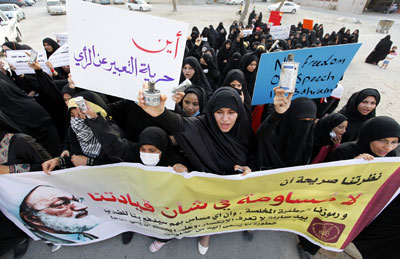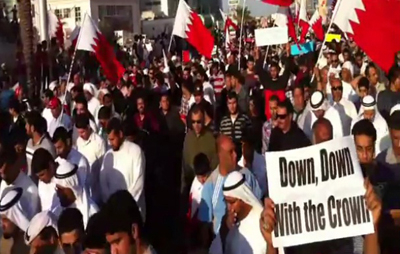
Syria, Somalia, Bahrain–where fathers bury their sons
The 17-year-old videographer Anas al-Tarsha regularly filmed clashes and military movements in the city of Homs in Syria, and posted the footage on YouTube. On February 24, he was killed by a mortar round while filming the bombardment of the city’s Qarabees district, according to news reports. The central city had been under attack for…
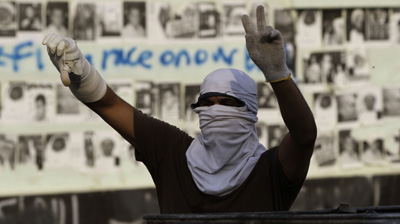
For journalists, danger lurking in your email
This week, Morgan Marquis-Boire and Bill Marczak of the University of Toronto’s Citizen Lab provided a disturbing look into the likely use of a commercial surveillance program, FinFisher, to remotely invade and control the computers of Bahraini activists. After the software installs itself onto unsuspecting users’ computer, it can record and relay emails, screenshots, and…
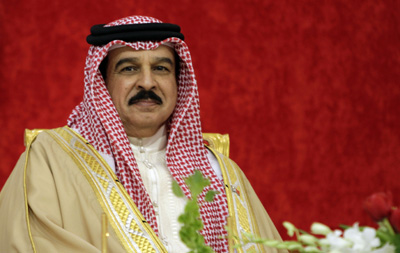
Breaking pledge, Bahrain bars free expression mission
Reneging on a promise made just weeks earlier, Bahraini authorities have denied visas to representatives of several free expression organizations who planned to travel to the kingdom next week to assess press and free speech conditions. CPJ is among several organizations that have signed a joint letter to Bahrain’s director of human rights organizations condemning the action.…
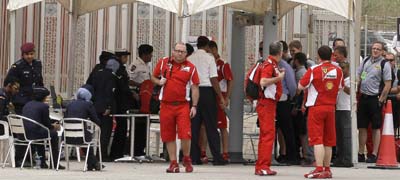
Bahrain cracks down on news around Formula One races
New York, April 23, 2012–Bahraini authorities, intent on suppressing coverage of the restive political conditions that were a backdrop to the Formula One Grand Prix in Manama on Sunday, arrested at least seven international journalists who were seeking to report on anti-government demonstrations, according to news reports.
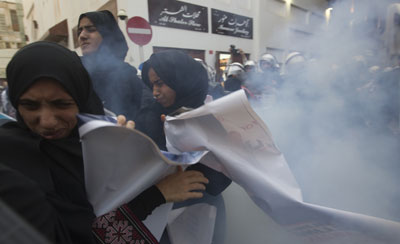
CPJ in joint call for release of bloggers, activists in Bahrain
CPJ is among 50 organizations that have signed a joint letter to Bahrain’s king calling for the release of detained bloggers, activists, and human rights defenders and to drop all charges that violate the right to peaceful expression ahead of the Formula One motor racing event to be held in Manama on April 22.
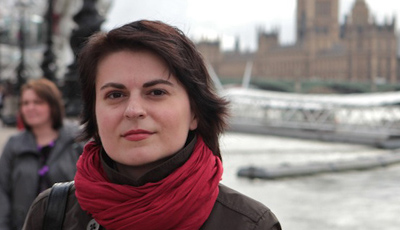
Attacks on the Press in 2011: Profiles in Freedom
How does one negotiate the choice to stay and report potentially dangerous news, rather than take a less risky assignment, leave the profession, or flee the country? The recipients of the 2011 International Press Freedom Awards explain. By Kristin Jones
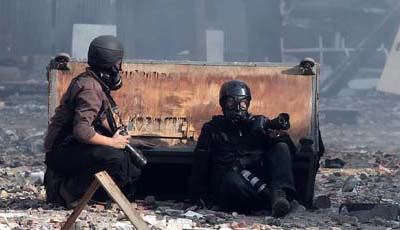
Attacks on the Press: From Uprisings, Trends to Watch
The Middle East’s political shifts changed conditions for journalists dramatically. The emerging trends favor free expression, but are filled with ambiguity and depend on the political configurations to emerge after the revolutionary dust has settled. By Mohamed Abdel Dayem
